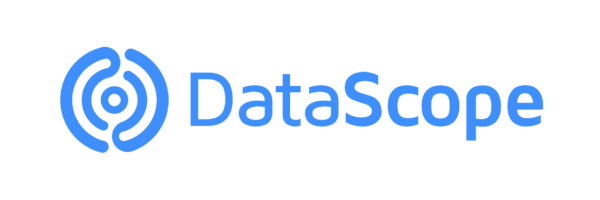According to diverse studies, happy companies are more successful on a variety of metrics. Therefore, creating a happy work environment has become a priority for companies around the world. However, this task is not as straightforward as you might think. Research and practice both tell us that what makes people happy in the workplace is not obvious.
Why happiness at work matter?
Researchers from the University of Warwick in the UK found that people who are happy at work are about 12% more productive. Shawn Anchor, author of The Happiness Advantage, has measured the benefits of a happy company and found it out that, in general, when employee satisfaction is high, sales increase by 37%, productivity by 31%, and accuracy on tasks becomes better by 19%, not to mention the health and quality of life improvements for staff.
There are no shortcuts when it comes to happiness. This isn’t just a bonus, it’s a requirement for any high-functioning workplace. Disengaged, unhappy people aren’t any fun to work with and don’t add much value to our organizations, and impact our organizations (and our economy) in negative ways. It is amazing how emotions and mindset can impact others’ moods and performance in a powerful way. According to Annie Mckee, international leadership advisor, this can be a consequence to the fact that when we are troubled our brains tend to disentangle and this state affect our creativity, critical thinking and a wide range of other vital functions. We cannot process information efficiently or we make poor decisions.
Disengagement is a natural neurological and psychological response to pervasive negative emotions. There are clear neurological links between feelings, thoughts, and actions. When we experience strong negative emotions, it’s like having blinders on. To sort this issue out, we focus mostly — sometimes only — on the source of the pain. But it’s not just negative emotions we need to watch out for. Extremely strong positive emotions have the same effect. Some studies show that too much happiness can make you less creative and prone to engage in riskier behaviours.
So, what do we have to do to increase engagement and improve performance? We believe that there are huge differences across industries and around the world but there are clear similarities in what people say they wish and need, no matter where they are from or whom they work for. However, the equation is not that simple. The biggest contributor to a company success is passion not perks. While these can be helpful in attracting people to your company, they are not that efficient at improving business performance.
Salary is not the key to happiness either. It actually comes in to play as a factor of unhappiness – we will be unhappy if we think others in our company or industry are being paid more to do the same task. A Princeton study found that people who are highly paid are relatively satisfied but are barely happier day to day.
What does workers want? They want and need fulfillment which is doing worthwhile work that others appreciate.
Tips for keeping your team motivated and happy
There are three essential things to keep your team fully engaged and happy:
A sense of purpose: People want to feel that their work matters, and that they are contributing to achieve something important. They want to know that they are doing something that really matters to other people. They also need to continue to grow in order to remain engaged and productive.
A meaningful vision of the future: People want to be able to see the future and know how they fit in. And employers learn and change when they have a personal vision that is linked to an organizational vision. Sadly, many leaders don’t try to link people’s personal visions to their companies’ visions. They don’t communicate well and they lose people.
Good relationships: We know that people join an organization and leave a boss. A dissonant relationship with one’s boss is painful. So too are bad relationships with colleagues. Leaders, managers, and employees have all told us that close, trusting and supportive relationships are hugely important to their state of mind and their willingness contribute to a team.
According to Harvard Business Review, “close work friendships boost employee satisfaction by 50%.” Moreover, “people with a best friend at work are seven times more likely to engage fully in their work.”
There are a number of initiatives and strategies that can be put in place to achieve happiness, but we found that empowering employees and build strong relationships are the answer. By focusing on happiness and wellness, organisations can engage employees and kick-start a whole set of positive changes. Without widespread commitment, organisational values are undermined and employees become dis-engaged with their work.
DataScope is a platform which allows various industries to streamline, organize and evaluate the work of their field staffs thanks to online forms which provide real time indicators 100% adaptable to any field.








